Brussels, 14 December 2021
The Federation of the European Sporting Goods Industry (FESI) supports the consumers’ driven approach of the DSA report adopted by the IMCO committee. However, FESI is concerned that several amendments introduced in Mrs Schaldemose’s report would severely undermine consumer’s and business protection online.
“We are pleased to see that some of the recommendations expressed by FESI have been reflected in the European Parliament’s report on the Digital Services Act (DSA), especially the obligation to inform consumers when they have purchased an illegal product online”, commented Jérôme Pero, FESI General Secretary. “Currently, many consumers are being misled when they buy products online, especially sporting goods. And unfortunately, when they inadvertently purchase a counterfeit product, it is often the original brand that they blame for the poor quality of the item received. This new obligation introduced by the Parliament will allow to have better informed consumers who will hopefully be more vigilant when shopping online”, he added.
Among the other changes introduced in the IMCO (Internal market and consumer protection) report drafted by MEP Christel Schaldemose (S&D, Denmark), the inclusion of an SMEs’ waiver for micro enterprises is particularly worrying. In the reality, consumers are just as exposed to illegal and dangerous products on small and medium-sized enterprises as on large ones. By excluding SMEs from due diligence obligations, the Parliament’s report only encourages counterfeiters to migrate from large platforms to smaller ones to continue selling their illegal products. Moreover, physical SMEs such as small brick and mortar stores suffer the most from counterfeiting. Excluding online SMEs from their legal responsibility would only create confusion and legal uncertainty, as well as unfair inequalities with physical SMEs which represent the core of the European economy.
Furthermore, FESI regrets the very limited scope of the know your-business customer obligation enshrined in the DSA. Extending this obligation to all online intermediaries, beyond mere online marketplaces, is essential to eradicate the supply of illegal content online, including IPR infringing products. Currently, a lot of fake sporting goods can be found on social media platforms: according to recent data, key social media platforms combined for over a third of all detections of IP abuse.[1] The DSA must take into account the reality of the changing online environment.
While the inclusion of a trusted flagger statute in the DSA is to be welcomed, FESI is concerned that the provision, in its current form, will purely and simply exclude individual right holders to qualify for the status.
“Sporting goods brands are in the best position to quickly and effectively identify illegal offerings of their products online. Requiring trusted flaggers to “represent collective interests” would end up in disqualifying individual brands from this status and thus prevent illegal items from being quickly removed from sale to consumers”, observed Jérôme Pero, FESI General Secretary. “It is of greatest importance that the Parliament follows the example of the Council in its recent general approach and removes any reference to the representation of collective interests from article 19”, he concluded.
In view of all this and despite some improvements to the text, FESI is quite concerned about the approach taken by the IMCO committee on the DSA. If MEPs want to make sure that “what is illegal offline is illegal online”, it is instrumental that they consider the above-mentioned recommendations ahead of the final vote in plenary scheduled for next January.
***
About FESI:
Founded in 1960 FESI – the Federation of the European Sporting Goods Industry represents the interests of approximately 1.800 sporting goods manufacturers (85% of the European market) through its National Sporting Goods Industry Federations and its directly affiliated member companies. 70-75% of FESI’s membership is made up of Small and Medium Sized Enterprises. In total, the European Sporting Goods Industry employs over 700.000 EU citizens and has an annual turnover of some 81 billion euro.
Contact: Ariane Gatti, FESI Communication Manager: [email protected] / +32 274 08 94

